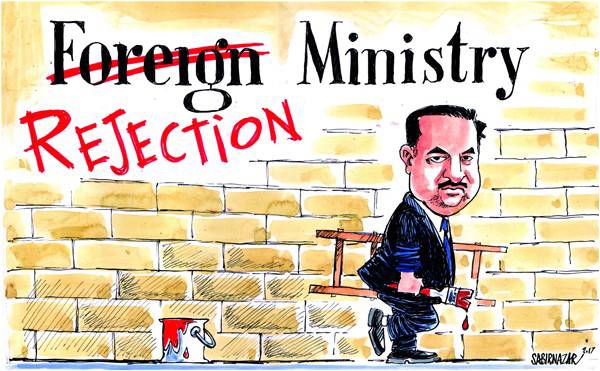
Sindh & NAB
Sir,
Now that the Sindh High Court has allowed the National Accountability Bureau to pursue mega corruption cases against Sindh’s MPAs, will the Sindh Assembly now pass a law preventing the Sindh High Court and the Supreme Court from hearing corruption cases against its members? After all, they want unfettered freedom to gobble up the taxes paid by the suffering people of the province.
Shakir Lakhani,
Karachi.
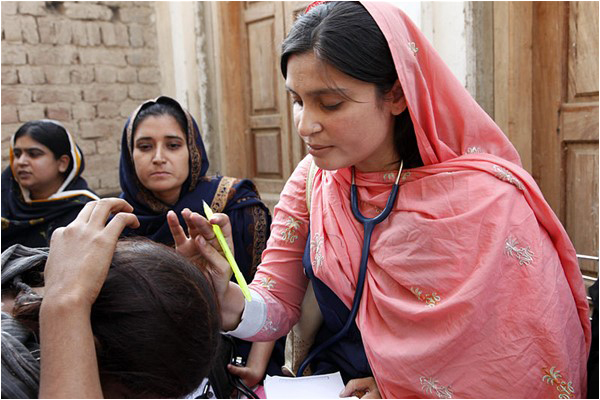
Free women
Sir,
I am part of a Pakistani generation that grew up in a regressive society. This society actively sought to control and managed every part of our lives, and it succeeded, succeeded in-toto. We were pushed underground and learned to hide and pretend. The legacy of that is still with us, “the lost generation” that is still in the doldrums of a false identity, still seeking, still underground.
One of the most obvious and conspicuous attempts was the deliberate suppression of women and that actively took them out of the social sphere and bound them in chador (the veil) and char-dewari (the four walls).
Today I saw and felt that the process of reversal of the darkest period of Pakistan has truly arrived. On the crossing of Abid Majeed Road and Shami Road I saw the force of change, a billboard of a juice drink, with a young girl on a scooter wearing a nicely updated dugree.
Advertising lies in the space between an expression of society and what it idealises. Economically independent women are here and they make unencumbered decisions for themselves. Finally women’s emancipation has arrived, late but better late than never, and society has to change. Men of Pakistan pay heed.
Amjad Aslam,
Lahore.
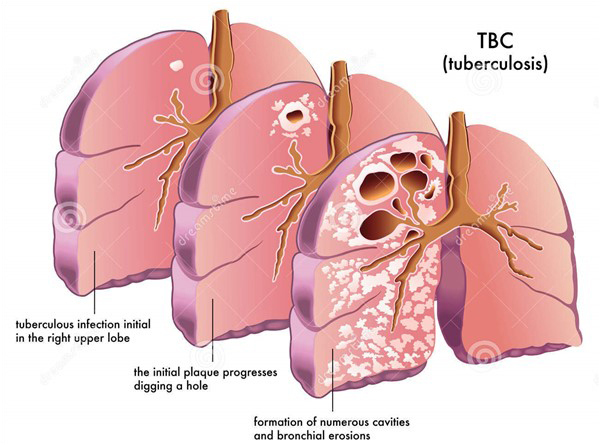
Beating TB
Sir,
Tuberculosis (TB) is a leading cause of death worldwide. Pakistan ranks sixth globally among the 22 high TB burden countries. Annually around 430,000 people, including 15,000 children contract TB in Pakistan, while no fewer than 70,000 deaths every year can be attributed to the disease. Pakistan is also estimated to have the fourth highest prevalence of multi-drug resistant TB (MDR-TB) globally. Over 95 percent of TB deaths occur in low- and middle-income countries.
TB is a disease of poverty and poor, malnourished, diabetic patients using corticosteroid drugs, drug users, smokers, the elderly, HIV-positive people, and people living in overcrowded institutions like prisons. A large number of people infected with the TB bacilli are not diagnosed either because of poverty or because of a lack of awareness about the seriousness of the disease. The delay in diagnosis, unsupervised, inappropriate and inadequate drug regimens, poor follow-up and lack of social support for high-risk population are some of the reasons for not reaching the target rates and emergence of drug resistant form of tuberculosis.
TB is a treatable disease with a six-month course of antibiotics. However, prevention is better than cure; TB can be prevent by the BCG vaccination and by awareness raising campaigns on a mass scale. If somebody has the symptoms of TB, one should report to the nearest health care centre to get their sputum tested free of cost. TB patients should not be stigmatized and must receive full support from family and community.
Kiran Fatima,
Islamabad.
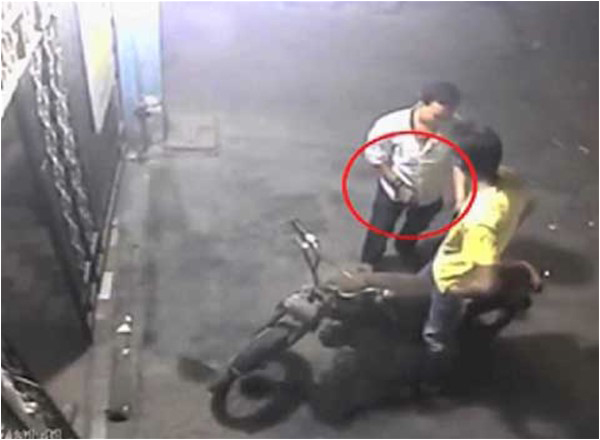
Scot-free robbers
Sir,
Recently two suspected robbers were arrested by the police in bank heist cases. City SSP Adeel Hussain Chandio said that the suspect confessed to 200 robberies in Karachi.
He was arrested eight times on charges of robberies and was sent to jail but every time he was released on bail.
The same thing happens in mobile-phone snatching cases. If any snatcher is arrested he is released on bail and he goes back to doing the same crime again.
This shows how “efficient” the system of policing is in Pakistan and why crime is uncontrolled in the metropolis. Does anyone have a solution to this?
Mubashir Mahmood,
Karachi.
Banning music
Sir,
I read disturbing news that some men in Landi Kotal have been telling people that music can’t be played. Apparently this is the work of a Khanqah-e-Binoria seminary. There was a rumour that a wedding was attacked and the musical instruments were taken.
I am alarmed to hear this because it was no so long ago that we have Sufi Mohammad and his band of merrymakers talk about imposing their version of Islam in the area. We all know what swiftly followed. Music shops were targeted in Peshawar and elsewhere. Multiple military operations have been conducted since. But it seems that certain madrassas are still capable of trying to go around enforcing what they deem appropriate for society.
Umer Hashim,
Via email.
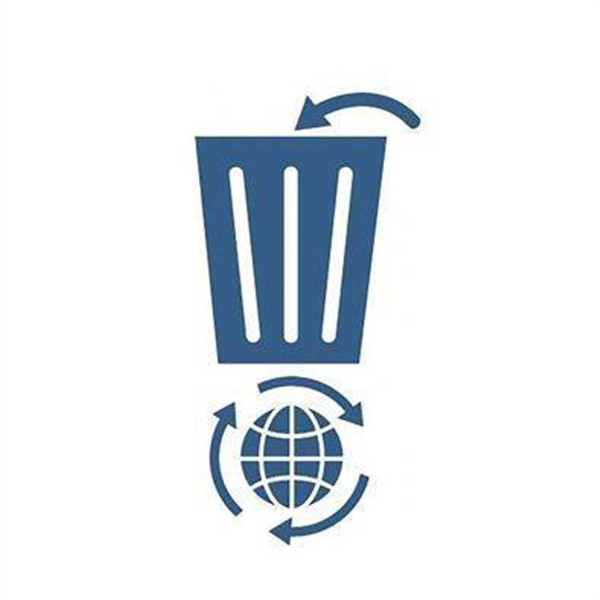
GarbageCAN
Sir,
I am extremely impressed with a new app that a small waste management company, GarbageCAN is developing. Its CEO Ahmed Shabbar is a physicist, and a mechanical and energy engineer. He got his first bachelor’s degree in physics from Reed College where he also worked at the Reed Research Reactor. His second bachelor’s in mechanical and energy engineering is from the University of North Texas. While at UNT, he was part of a team that worked with NASA and won top prize with them for proving a new novel method to remove CO2 from the airstream using cold temperatures of deep space.
After returning to Pakistan, he now runs a small sustainable waste management organization called ‘GarbageCAN’ whose team focuses on cleaning, recycling, as well as doing research on waste-to-energy methods.
The app, ‘Kabaari’ allows you will to simply input the type of recyclables or kabaar you have at home that you intend to dispose off. All you have to do is take pictures, select your location and submit. You no longer will have to wait for the kabaari to come to your street. You can just schedule a time with them via the app and they will come.
GarbageCAN has already begun a sustainable partnership with the Happy Palace Group of Schools. The management of the school intends to go entirely paperless by 2020 by moving everything online. GarbageCAN will help them with waste management solutions and shifting their focus to recycling, reusing, and reducing.
Syed Akbar Ali,
Karachi.
Police uniforms
Sir,
Human nature does not easily accept and digest change. In some cases, we start liking the things we hated on first encounter and vice versa in others. Similarly, due to this phenomenon, a change in the Punjab Police uniform is being taken as something not needed and people have mixed opinions. We, as a nation, are critical. As with any other thing about the Pakistani police, particularly the Punjab police, this instantly turned into a hot topic for debate among the public and the police department itself.
It sparked off a debate on traditional and social media with people asking if “inner change” instead of cosmetic changes mattered. At the heart of the debate was the question on the need for internal police reforms. This is valid. But we need to realize that a change in uniform is one of the many steps that can be taken towards achieving reforms. This will definitely change public perception of the police as the typical image of them will gradually vanish and a softer image will come to stick. It is expected that the new uniform will inject new valor and spirit into the force that has to fight terrorists, criminals and anti-social elements.
The proposal for the new uniform had been under consideration for a while. It was implemented finally from Lahore. The traditional black and khaki uniform of the Punjab police was replaced with a dark olive green one. More than 30,000 Lahore police officials received them in the first phase of distribution which started on March 27. Since April 3, all Lahore police officers and officials have started to wear the new cargo trousers and new shirts open in front with concealed buttons. The Punjab police strength of 200,000 will be in new uniforms by November this year as the entire eight distribution phases wrap up.
The previous Inspector General of Punjab Police Mushtaq Sukhera told the media on the last day of his tenure that the authorities had approved the uniform after getting feedback from field commanders. The final pattern was selected out of several ones developed by professionals. “To ensure freedom of expression, the Regional and District Police Officers were engaged in a secret ballot to get their opinion on the new uniform,” he said. “There is no truth in the perception that the decision to change the uniform was imposed on the force.” Highly qualified consultants were hired and researchers at Faisalabad Textile Engineering University designed the new uniform and it was tested for quality at an international lab. The same firm won the bid that provides the uniform to the Pakistan Army. “All this points to the fact that the standards were not compromised at any stage throughout this process.” He said it was high time that along the pattern of the army, a stitched uniform was provided to police officials.
Public opinion does not fully align with that of the authorities. I have been reading comments on social media and other than trolling, people are demanding better behaviour from the police and an elimination of corruption apart from a change in uniform. Most social media users and analysts on traditional media also believe that the police need to operate independent of political influence. Civil society members say black is a color of terror, fear and oppression, which is why replacing a black uniform with a green one is a positive step. Olive green also suits the weather conditions of Pakistan where temperatures hit 50 degrees Celsius in the summer. Black absorbs more heat while green reduces eyestrain. The quality of the cloth and design are also more suited to our dusty and warm environment.
On the other hand, the police say it will take a lot of time for the public to realize that this is the same police. They are also of the opinion that a change in conditions for the lower ranking police, who work for little pay is vital to ending the culture of bribes and corruption.
The good news is that, other than a uniform change, some other reforms have already been undertaken. Investigations are being moved away from the traditional torture-confession methods to scientific and technical ones with the induction of highly educated Sub-Inspectors. Information technology initiatives implemented in recent years include the digitisation of FIRs, front desks, android app hotel eye and local eye, the IGP’s Police Complaint Centre (8787), Criminal Record Management and Identification (CRMI) and more than 20 other projects are definitely going to bring a major change in policing in Punjab.
Public expectations of the police, a department with the most public interaction, are high and it is hoped that the new command, currently in the hands of Capt. (r) Usman Khattak, will bear fruit.
Shahnawaz Sarmad,
@shahnawazdotpk.
Rohingya
Sir,
An estimated quarter of a million people, the Rohingya, have fled Rakhine State in two weeks, according to the UN. They have headed for Bangladesh. They are a stateless Muslim people and the Myanmar government doesn’t even tell you how many there are. It is simply beyond comprehension why a Nobel laureate, who stood up as a proponent of anti-violence, would endorse such brutal treatment of helpless people.
How sad that Bangladesh considers these people Burmese and the Burmese consider them Bangladeshi. In this day and age we have been unable to figure out such conflicts and put an end to them. The Rohingya militants face off with the military in Myanmar and hundreds of thousands of people are caught up.
I fail to understand why Aung San Suu Kyi has turned a blind eye to their plight despite being urged by Archbishop Desmond Tutu and Malala Yousafzai to do something. But on her watch this ethnic cleansing or genocide has continued. It has been going on for a long time but perhaps this time round social media helped bring it to the world’s attention in a different way.
Protests have been held in Pakistan and I am glad to see that public statements in support of these Muslims are being made, but I wonder if any proper action can or will be taken. The state of minorities in Pakistan is not much better as history has shown us. Human rights records are chequered.
Sarah Jatoi,
Jacobabad.
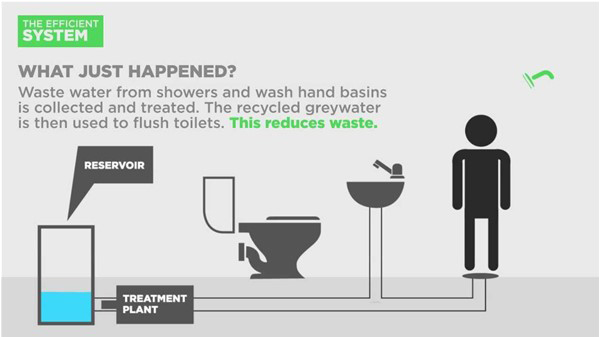
Water recycling
Sir,
As Hub dam, the main water supply for Karachi, dries up a water crisis is brewing. In many countries, water from kitchens, bathroom wash basins etc goes into an underground fibreglass tank (which has to be built). It is then pumped to a fibreglass tank on a rooftop to be used in flush tanks, gardens, ramps, etc. The water authorities can provide technical experts to guide residents and offer them a tax rebate.
The government should make it mandatory for all new and under-construction houses etc to have this grey-water recycle system. This recycling of used water will have the following impact: millions of gallons of water can be saved; the load on the overflowing sewerage system will be greatly reduced; the damage to roads, and traffic congestion caused by water tankers will also be reduced.
Hopefully the authorities concerned will act on this suggestion.
Qasim Khan,
Karachi.
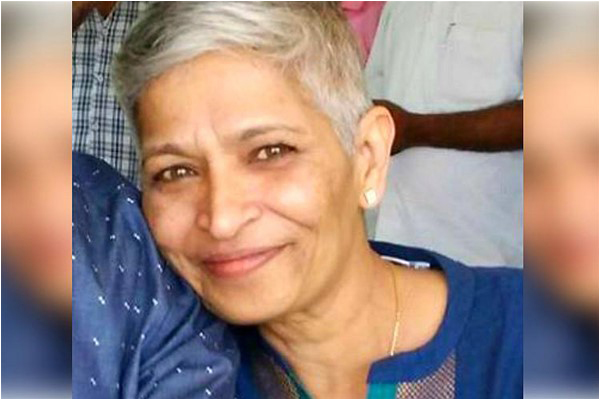
#GauriLankesh
I have always been proud of the organisations I have worked with in my extremely small career in journalism. But today I am ashamed! An ‘independent’ news organisation is now batting for a rogue government. And openly so.
A journalist is murdered in cold blood days after receiving death threats from the BJP-RSS cadres. And instead of questioning these murderers, you question the opposition? Where is the integrity? Where are we heading? Some ‘journalists’ are even celebrating the massacre (that she brought it on herself.) Well, yes! This is what happens in Saudi Arabia and North Korea. We are just a few more deaths away from catching up with these countries.
If the fourth pillar sells its soul, where will society go?
We have failed you, ma’am. All I know is that you are probably in a much much better place.
P.S.: For whatever it is worth and whatever significance it has, I have decided to not put Republic TV as one of my employers on my CV and on social media. I regret my association with this rogue organisation.
Sumana Nandy’s letter on her timeline as she resigned from Republic.

